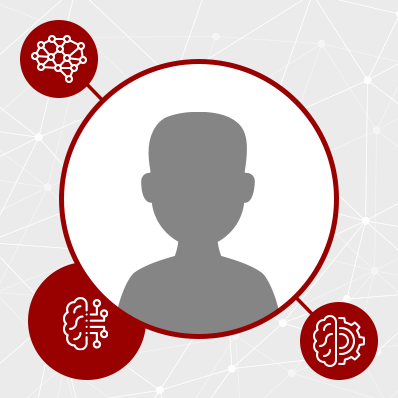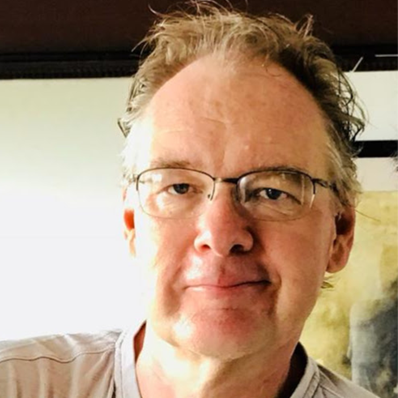Ichida, Justin
Associate Professor of Stem Cell Biology and Regenerative Medicine
We are interested in understanding mechanisms underlying neurodegenerative and neurodevelopmental diseases. We also aim to develop new therapeutic strategies for these disorders.
Jakowec, Michael
Professor of Clinical Pharmacy (Teaching)
The primary focus of research in Dr. Jakowec’s laboratory is to better understand the underlying molecular mechanisms involved in neuroplasticity in the injured brain with the emphasis on the basal ganglia and prefrontal cortex, regions of the brain responsible for motor and cognitive behaviors.The overarching goal is to find improved therapeutic approaches for brain disorders especially Parkinson’s disease and drug addiction. For the past 20 years the laboratory has examined the effects of exercise on promoting neuroplasticity, particularly synaptogenesis in animal models of Parkinson’s disease. In addition to non-pharmacological approaches to promote brain repair, ongoing studies are using an experimental therapeutics approach to explore pharmacological interventions to determine if novel drugs can serve as a means to enhance brain repair, especially in the context of exercise. Recent studies have focused on the mechanisms by which astrocytes support neuronal function as well as mechanisms by which boosting mitochondrial integrity can promote improved functional connectivity and restoration of motor and cognitive behaviors.
Kalluri, Radha
Associate Professor of Otolaryngology
Physiology of the Inner Ear Laboratory focuses on understanding the physical and physiological mechanisms underlying sensory transduction in the inner ear, with the ultimate goal of understanding how disease and injury impair function. The lab. studies sensory transduction in the auditory and vestibular systems both at the cellular and system level using electrophysiology and biophysical modeling. Our work relies heavily on the interplay between quantitative analysis, theoretical modeling and experimental neuroscience.
Kutch, Jason
Associate Professor of Biokinesiology and Physical Therapy
Dr. Kutch investigates how brain dysfunction contributes to chronic pelvic pain and other chronic overlapping pain conditions (COPCs). His current research is focused on developing non-invasive brain stimulation and immersive virtual reality approaches for augmenting chronic pain treatment.
Leahy, Richard M.
Professor of Electrical and Computer Engineering, Biomedical Engineering, and Radiology
My lab is focused on development of computational methods and software for analysis of human brain images (the BrainSuite software) and brain electrophysiology (the BrainStorm software). Application areas include the cognitive and clinical neurosciences.
Lee, Darrin Jason
The focus of my laboratory is to explore the underlying mechanisms and potential of neuromodulation for cognitive dysfunction and psychiatric disorders, such as Alzheimer’s disease, Parkinson’s disease, epilepsy, depression, obsessive compulsive disorder and schizophrenia. Specifically, we utilize multiple depth electrode local field potential recordings and functional ultrasound imaging to evaluate simultaneous electrophysiology, cerebral blood flow and functional connectivity in these disorders. Using these tools, our goal is to better understand the underlying pathophysiology and optimize our neuromodulation strategies. Our aim is to translate our preclinical findings into clinically relevant neuromodulation treatments. My clinical research is focused on evaluating potential new indications and targets for neuromodulation, such as deep brain stimulation (DBS), spinal cord stimulation and focused ultrasound.






